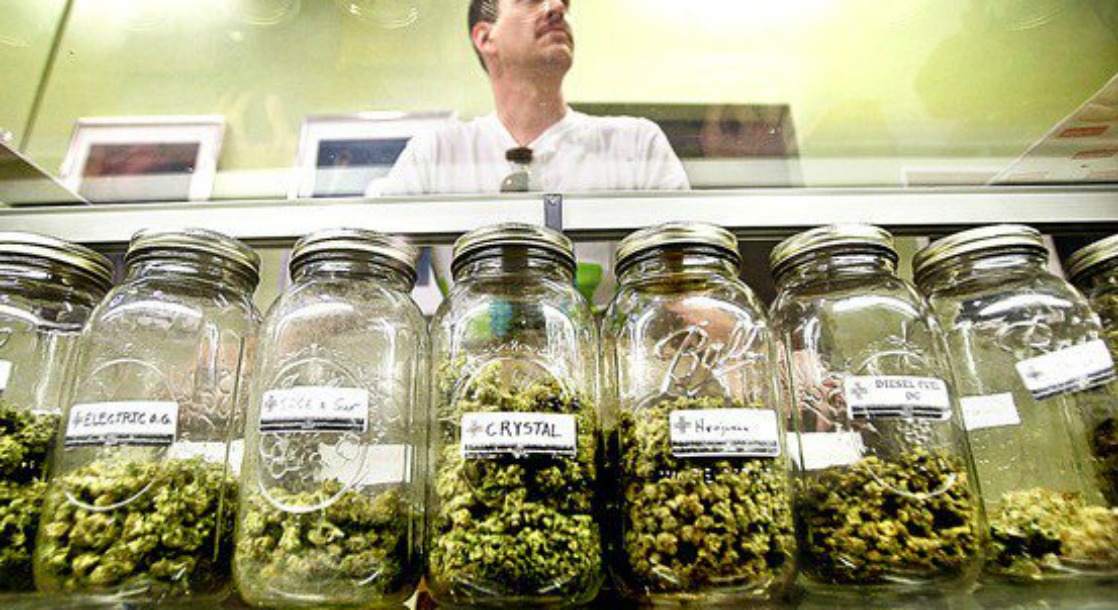Marijuana reform is an international movement—not just one occurring in here in the U.S. One of the countries currently fighting the battle? France. While this country may be a few steps behind America when it comes to cannabis legalization, they have the potential to catch up quickly once the ball gets rolling.
1. No Medicinal Marijuana…Yet
In 2013, France permitted the use of marijuana derivatives in certain medicines. This means that while the herb itself remains illegal, drugs such as Sativex have been approved for patient use. Sativex is expected to hit the shelves this year and will only be prescribed to patients suffering from Multiple Sclerosis (MS). While this may seem like a small victory, it’s the first step towards accepting the medicinal value of cannabis at a federal level.
2. Drug Policy is Stagnant, Government is Conservative
France’s federal election in 2012 yielded a leader, François Hollande, who was keen on maintaining France’s harsh drug policies, which are some of the toughest in the European Union. In the eyes of the law, there is no difference between soft drugs and hard drugs; therefore marijuana-related penalties can range from a slap on the wrist to a long prison sentence with a hefty fine. Because the French government is fairly conservative, there is no telling how or when marijuana policy reform will take place at any sort of government level—unless there's a change of government that is. And that's not set to happen until 2017.
3. 8.6% of France’s Population Has Used Cannabis
A study by the United Nations Office on Drugs and Crime shows that in 2005, approximately 11 million people between the ages of 15 and 64 in France had used cannabis. A more recent study in 2010 shows that just over 13 million individuals between 11 and 75 years of age have used cannabis at least once, and 1.2 million of them are daily users. Just like in almost every other country where the substance is illegal, France’s cannabis use is far higher than any other drug. Despite this significant percentage of users, policy remains repressive. However, there has been a growing acceptance of the need to reduce risks associated with cannabis and drug use, which may open the path to more relaxed regulations in the future.
4. Only One Federal Party
Even if users did want to voice their support for cannabis, there is only one party dedicated to the reform. The party’s name is Cannabis Sans Frontières (Cannabis Without Borders). They ran for election in 2009, and even though it was obvious they wouldn’t win, they received less 0.14% of the vote. That number rose to 0.23% (or 7,176 votes) in 2014. This is likely not enough of a percentage of the population to start a large movement like the one in America, but it indicates that some individuals are very passionate about reform. That said, France’s politics, as mentioned previously, are fairly biased against drug policy reform and therefore looking for change from electoral parties may not be the answer.
5. 90% of Drug Arrests Are Cannabis Related
In 2011, 90% of all drug-related arrests in France concerned cannabis in one way or another. This is something that many countries who are currently undergoing marijuana reform laws have encountered over the last few decades. There is a large proportion of France’s population that safely uses cannabis and the country could learn something from nations such as Uruguay or even some states in America. When such a high percentage of the population uses, or has used cannabis, and the arrest rate is extremely high, the problem may not be with the users. The issue here is with the policy itself and until French politicians see that, both the population and the legal system will suffer.
France's marijuana reform movement is in its infancy and it will be interesting to see how any kind of reform will play out through the next years. Support of medicinal marijuana legalization in bordering nations and the acceptance of marijuana-derived prescription drugs in France might suggest that there may be a larger, more aggressive movement on the way. They still have a long way to go, but once there is a little bit of momentum, chances are we'll see marijuana reform play a larger role in the federal dialogue.











